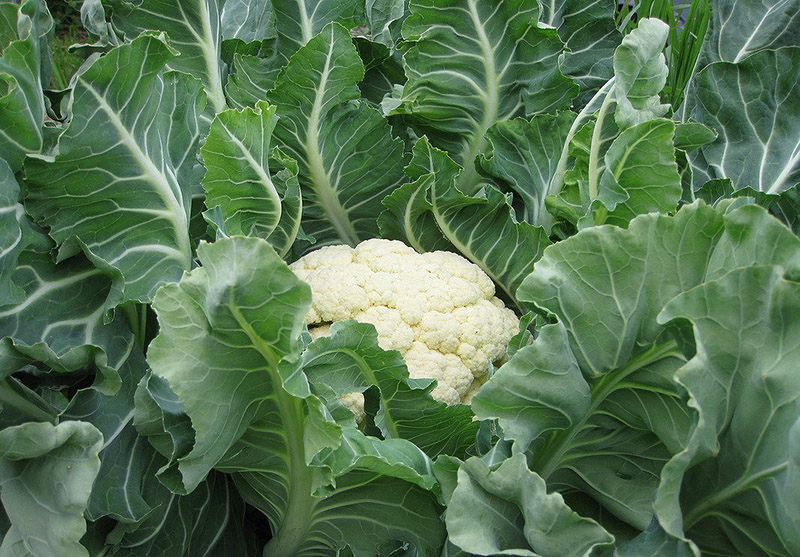Quail farming in Kenya is a simple and profitable agribusiness that many farmers are now embracing. The birds require little space and low capital, and mature quickly.
Whether you are looking to venture into poultry farming or want to diversify your farming activities, quail farming offers a great opportunity.
Their meat and eggs are nutritious and have high demand in local markets. If managed well, this business can generate a stable income year-round.

Understanding Quail Farming In Kenya
Quail farming involves raising quails mainly for meat and eggs. It is ideal for farmers with limited resources or small pieces of land. The practice has gained popularity in recent years due to its health benefits and low maintenance needs.
Before starting, you must obtain a license from the Kenya Wildlife Service (KWS). Quails are considered wild birds, so rearing them without a license is illegal.
The process of getting licensed usually takes about two weeks. KWS officers will inspect your farm setup to ensure it meets the required standards. Once you qualify, the license costs Kshs 2,000 and must be renewed annually.
Benefits of Quail Farming
There are many reasons why quail farming is becoming a favorite among Kenyan farmers:
- Fast maturity: Quails are ready for sale within 5 to 6 weeks.
- Low investment: You don’t need much land or labor to start.
- High egg production: A quail can lay up to 300 eggs per year.
- Nutritious products: Quail eggs and meat are low in cholesterol and rich in vitamins and minerals.
- All-weather farming: The birds can thrive in nearly any part of Kenya.
This makes quail farming perfect for anyone looking for a high-return agribusiness without complex requirements.
What You Need to Start Quail Farming
To succeed in quail farming, you need the right breed, housing and feeding plan.
Common Quail Breeds in Kenya
There are several breeds you can raise, depending on your production goals:
- Bob white – best for meat.
- White breasted – also for meat.
- English white – excellent egg layer.
- British range – high egg production.
- Tuxedo and Manchurian golden – both used for eggs.
Some farmers choose to rear both meat and egg breeds to maximize profits.
Housing and Feeding
Housing:
Quails are best kept in cages. A plastic cage measuring 4×2.5×1 feet can accommodate up to 50 birds. Ensure the cages are well-ventilated, clean and exposed to enough light. Avoid overcrowding, which can lead to diseases and lower egg production.
Feeding:
Feeding is key to productivity. Provide a balanced diet rich in protein for growth and egg laying. Recommended feeds include:
- Rice bran
- Soya meal
- Fishmeal
- Groundnut cake
- Sunflower cake
- Maize and sorghum
Always provide clean water and maintain hygiene to prevent infections.
Market Opportunities for Quail Farmers in Kenya
Quail products are highly valued for their health benefits. The demand for quail meat and eggs continues to grow in urban centers and health-conscious communities.
Selling options include:
- Local markets
- Hotels and restaurants
- High-end supermarkets
- Direct delivery to customers
- Supplying to health stores and wellness centers
Quail chicks are sold for between Kshs 300 to 600, while eggs range from Kshs 50 to 100 depending on location and size.
Marketing is essential. Use word of mouth, social media or join local farmer groups to find buyers. Offering discounts or samples can help attract loyal customers.








































